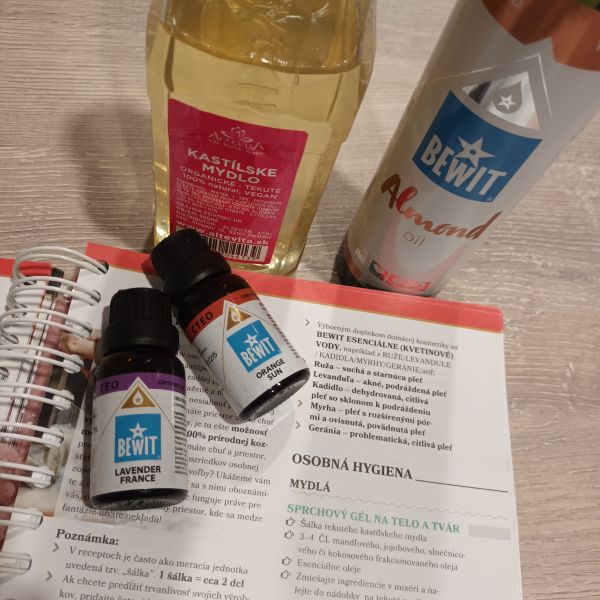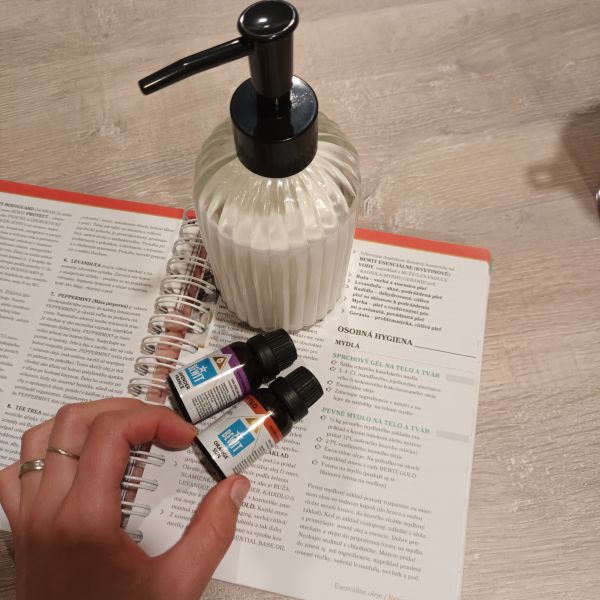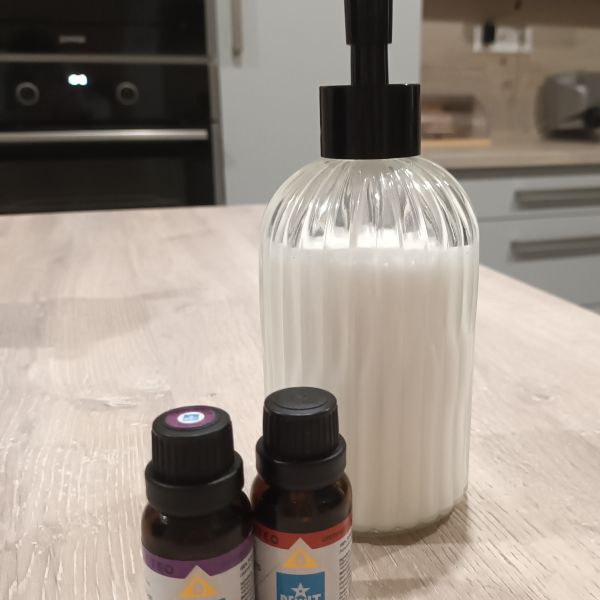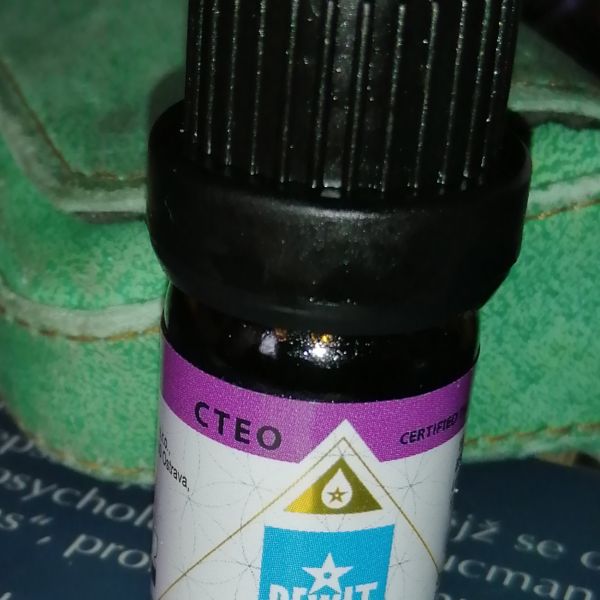Certificates for download
France - AX2022/05Download documents
Srovnání jednotlivých druhů levandulí/Comparison of lavender speciesBEWIT French Lavender
100% pure essential oil
BEWIT Lavender France
Lavandula angustifolia
Lavender essential oil is the most widely used essential oil in the world today. Its benefits were discovered more than 2500 years ago. For centuries it has been used both cosmetically and therapeutically.
Curated reviews by the BEWIT Team
„Úchvatná vůně!!! Jsem okouzlena!!! Nádherně provoní celý byt a dodá pocit klidu a pohody. Před spaním 3-4 kapky do difuzéru a spím jako miminko. “
Andrea Klečková
100% PURE ESSENTIAL OIL OF FRENCH LAVENDER
Lavender dentata, the toothed lavender, is one of the most beautiful
lavenders. It can be recognised by their leaves which
look as if they have been sculpted and actually have
teeth.
It has a very intense, richly aromatic scent that blends lavender and
rosemary. It is very long blooming, from early summer to late
autumn.
The greatest use of this lavender is in perfumery and
cosmetics.
It is commonly referred to by the English name French lavender or fringe
lavender.
The following information and references to scientific studies refer to lavender.
Improves mood
Lavender essential oil can help induce feelings of calm, serenity, give courage to fully express oneself, and calm emotions, inducing relaxation. Its scent can be helpful in releasing tension, which is why lavender has traditionally been used to prevent headaches. However, [5].
A suitable summer guide
Lavender essential oil has been used for centuries to prevent various
infections and to fight bacterial and fungal diseases.
Today, nearly 100 studies have been conducted to prove this property of
lavender.
Lavender oil can help speed the healing of **burned skin, minor wounds and
scratches*
Skin and hair care
Topical use of lavender oil can help improve a range of skin
conditions. Its anti-inflammatory and antioxidant
properties can help alleviate skin conditions and reverse signs of
aging.
Lavender oil can significantly help with hair loss. [6]
Scent for the evening
Due to its and calming properties, lavender oil can calm the mind and help to aid in falling asleep.
Induces relief
Several studies have found that lavender oil can help as a natural pain reliever. Simply rubbing lavender into the site of pain can reduce the intensity of the pain and help relieve symptoms of many medical conditions. [7]
Appreciated by athletes and women – when applied for example for premenstrual tension, muscle stiffness, muscle pain.
Caress not only when travelling
It is also appreciated by those who suffer from stomach upset, not only when travelling.
Natural repellent
Lavender oil can be found in most natural repellents. It is used to repel
mosquitoes and moths.
You can also use it for insect bites.
BENEFITS OF LAVENDER ESSENTIAL OIL
- May help improve mood and reduce stress.
- A scent that will help to accompany you to sleep.
- Possible helper for pain.
- Supports healthy skin and hair.
- Helps with wounds.
- Acts as an antioxidant.
- May act as a protection against mosquitoes and moths (drip a few drops of lavender on a ceramic/paper diffuser and hang in pantry).
- May help relieve headaches (inhale for at least 15 minutes or rub in a carrier oil along with peppermint essential oil on the back of the throat and temples).
- For application to the skin, dilute lavender essential oil with BEWIT cold-pressed vegetable oils.
- Become an author and mix your ideal product tailored to your skin's needs with BEWIT Essential Base Oil.
- Complementing your skin treatment with lavender essential oil in a carrier oil with any of the BEWIT Essential Waters will make your skin more hydrated, softer and work together to help soothe your skin faster. This synergy is especially suitable for dry and problematic skin. The essential water is also ideal for replenishing the skin.
A GLIMPSE INTO THE HISTORY OF LAVENDER
The Latin name lavender is a gerund from the verb to wash –
lavare, as its flower was used to smell the water for
washing.
Its ear was considered to be a amulet that protected against
adversity, possessions and demons. It was a
talisman that inclined fate towards prosperity and fertility.
The scent of lavender, together with its charm, made it an emblem of virtue and
purity of the soul, but also of baptism.
Lavender across the centuries
Lavender has been used as an herb in the treatment of the
sick by the Egyptians, Greeks, Romans and Arabs. It was often grown
near laundries and used to scent floors, where it was used to
kill insects, including fleas, bedbugs and lice. It is also
still put in cupboards today as protection against moths.
The Egyptians used lavender for mummification and as a
perfume. When King Tutankhamun's tomb was opened in 1923, the
faint scent of lavender was said to be detectable even after 3,000 years.
In the Bible, lavender oil was used for salving and healing.
The Romans used lavender oil for bathing, cooking and purifying
the air.
It was recommended by St. Hildegard of Bingen, who advised using it to
keep a pure character, and in 1660 Richard Surflet wrote that
distilled water from lavender flowers would restore lost speech and heal the
sullen and diseased heart.
The magical power of lavender
Lavender has also had magical powers throughout history –
in Rome, people would take a sprig of lavender on Saint
John's Night to witch away witches, in Tuscany it was
effective against bewitching children, in Calabria women
attributed to it the power to protect them from their
husband's abuse.
In the Middle Ages, it was said to be a good aphrodisiac that
would ensure fidelity and attract lovers.
According to another source, English farmers were said to wear lavender flowers
under their hats because they believed it would help with headaches and
heatstroke.
Cosmetic purposes
Early and modern texts on aromatherapy mention the use of lavender as an
antibacterial essential oil .
The leaves and stems of the plant were used to make decoctions for diseases of
the digestive system and rheumatism, and lavender was valued for its cosmetic
purposes.
Lavender was also a component of Eau de Cologne, a
cologne first blended in 1709 by the Italian G. M. Farina in
Cologne, Germany.
Science has only recently begun to evaluate
the many health benefits that lavender essential oil contains, but there is
already plenty of evidence pointing to the
oil's amazing abilities.
Today, lavender is one of the most popular essential oils in the world. People
are reaping the benefits of lavender oil for their body and home.
SOURCES
[1] HANCIANU, Monica, Oana CIOANCA, Marius MIHASAN and Lucian HRITCU.
Neuroprotective effects of inhaled lavender oil on scopolamine-induced dementia
via anti-oxidative activities in rats. Phytomedicine [online]. 2013, 20(5),
446–452 [cited 2021–8–10]. ISSN 09447113. Available from:
doi:10.1016/j.phymed.2012.12.005
[2] SILVA, GABRIELA L. DA, CAROLINA LUFT, ADROALDO LUNARDELLI, et al.
Antioxidant, analgesic and anti-inflammatory effects of lavender essential oil.
Anais da Academia Brasileira de Ciências [online]. 2015, 87(2 suppl),
1397–1408 [cited 2021–8–10]. ISSN 1678–2690. Available from:
doi:10.1590/0001–3765201520150056
[3] XU, Pan, Kezhu WANG, Cong LU, et al. The Protective Effect of Lavender
Essential Oil and Its Main Component Linalool against the Cognitive Deficits
Induced by D-Galactose and Aluminum Trichloride in Mice. Evidence-Based
Complementary and Alternative Medicine [online]. 2017, 2017, 1–11 [cited
2021–8–10]. ISSN 1741–427X. Available from: doi:10.1155/2017/7426538
[4] HANCIANU, Monica, Oana CIOANCA, Marius MIHASAN and Lucian HRITCU.
Neuroprotective effects of inhaled lavender oil on scopolamine-induced dementia
via anti-oxidative activities in rats. Phytomedicine [online]. 2013, 20(5),
446–452 [cited 2021–8–10]. ISSN 09447113. Available from:
doi:10.1016/j.phymed.2012.12.005
[5] WANG, Dong, Xuan YUAN, Ting LIU, Liangliang LIU, Yanli HU, Zhenhua WANG, and
Qiusheng ZHENG. Neuroprotective Activity of Lavender Oil on Transient Focal
Cerebral Ischemia in Mice. Molecules [online]. 2012, 17(8), 9803–9817 [cited
2021–8–10]. ISSN 1420–3049. Available from:
doi:10.3390/molecules17089803
[6] https: //www.ncbi.nlm.nih.gov/books/NBK92761/
[7] GHODS, Ali Asghar, Neda Hoseini ABFOROSH, Raheb GHORBANI and Mohammad Reza
ASGARI. The effect of topical application of lavender essential oil on the
intensity of pain caused by the insertion of dialysis needles in hemodialysis
patients: A randomized clinical trial. Complementary Therapies in Medicine
[online]. 2015, 23(3), 325–330 [cited 2021–8–10]. ISSN
09652299. Available from: doi:10.1016/j.ctim.2015.03.001
[8] https: //draxe.com/essential-oils/lavender-oil-benefits
Czech botanical name: Levandule zoubkatá
English name: French Lavender
Latin name: Lavandula dentata
Country of origin: France
Manufacture method distillation
Part of plant used: Flowers
100% pure and natural
All ingredients contained in the product are 100% pure and natural and non-synthetic.
Ahinsa
An ethical approach is founded on respect for all forms of life.
CTEO®
The CTEO® pictogram is an expression of the BEWIT standards and protocols by which we check the quality of our essential oils. These include procedures for sourcing, transporting, storing, packaging and shipping essences.
To ensure maximum results every time, we make our essential oils from plants that come from the best sources around the world. We select our ingredients with an emphasis on scientific knowledge, historical wisdom, the legacy of our ancestors and practical results.
Insect Free
The product contains no insects or parts thereof.
Laboratory tested
In our Ostrava laboratory, we meticulously analyse the exact composition and quality of essential oils at an unparalleled level. For more insights into the methods we use to uncover the secrets of these unique gifts of nature, visit here. Or simply take a closer look at a sample of BEWIT Lavender Kashmir essential oil.
No dyes
The product does not contain dyes.
No phosphates
The product does not contain phosphates.
Non GMO
The composition of the product is 100% made up of ingredients that have not been genetically modified.
Non synthetic
The product does not contain synthetic or synthetically produced ingredients.
Pyramidised
To significantly improve the properties, quality, durability and efficiency of the product, we apply harmonising pyramidal energy to it during processing, storage and shipping. More information about BEWIT pyramids here.
Benefits
Harmonises
Soothes and calms
Brightens and tones
Methods of use
Inhalation
Massage
Bath

100% pure and natural
All ingredients contained in the product are 100% pure and natural, non-synthetic.
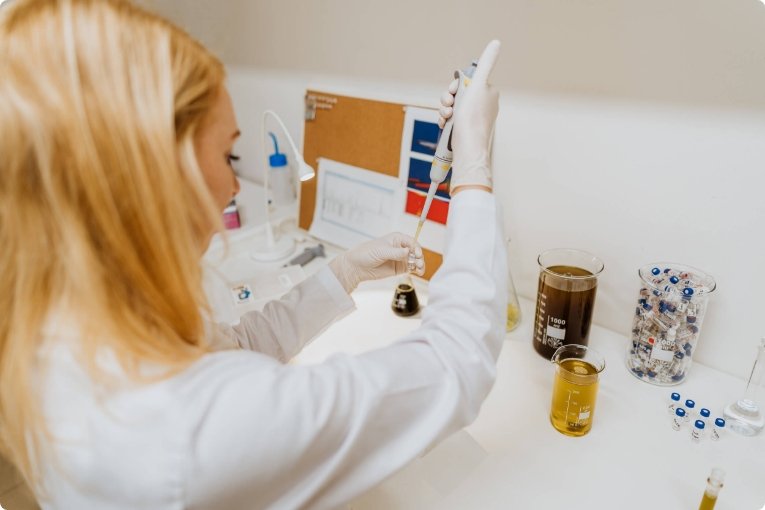
Own formulas and developments
We blend all essential oil blends at our headquarters in Ostrava, according to our own formulas, which are based on the most modern world studies as well as the thousand of years-of traditions of Eastern medicine.

We have the highest quality sources and suppliers
We always advocate and strive for a maximally respectful approach to the natural environment. That is to say, a gentle and as natural as possible way of growing, harvesting and processing plants. Free of herbicides, pesticides, insecticides, contaminants, chemical residues and genetic modification.

We honour the principles of AHINSA
It is a moral and religious principle of Hinduism, Buddhism and Jainism, which consists in respect of all living things.
Ingredients
| Czech botanical name: | -- |
| English Name: | BEWIT Lavender France |
| Latin name: | Lavandula angustifolia |
| Country of origin: | Francúzsko |
| Part of the plant: | Flowers |
| Method of obtaining: | Steam distilled |
| Colour: | Colorless to light yellow |
| Aroma: | Lavender |
Download documents
Reviews
BEWIT French Lavender
100% pure essential oil
Want to add your own review? We're interested in your opinion.
Sign in / RegisterLevandule Francie – tato vůně je naprosto boží.
Did you find this review helpful?
+ 1
Jak dla mnie to jest olejek numer jeden pomocny w szybkim zaśnięciu i zrelaksowania ciała i umysłu. Uwielbiam jego zapach.
Did you find this review helpful?
Úchvatná vůně!!! Jsem okouzlena!!! Nádherně provoní celý byt a dodá pocit klidu a pohody. Před spaním 3–4 kapky do difuzéru a spím jako miminko.
Did you find this review helpful?
+ 2
Najpiękniejsza z lawend! Piękny cukierkowo kwiatowy zapach, jest totalnie otulający, trafia do mnie całkowicie!!
Did you find this review helpful?
+ 1

Lawenda francuska ma wszystkie zalety, które powinna mieć lawenda, tzn działanie na gojenie, na skórę, na wszelkie zmiany trądzikowe czy opryszczkowe, a przy tym pachnie bardziej subtelnie i słodko niż zwykła.
Did you find this review helpful?
Według mnie najładniejsza lawenda dostępna w Bewit. Wspaniałe właściwości lecznicze,uspokajające, łagodzące a do tego przepiękny zapach 💜
Did you find this review helpful?
A levendula illóolaj nyugtató hatású az egész család számára, és segít átaludni az éjszakát.
Did you find this review helpful?

Wczoraj siedmioletni syn spadł z huśtawki i przyszedł z płaczem, że boli go szyja i kark. Od razu posmarowałam mu bolące miejsce mieszanką olejku lawendowego 2 krople z 1 kroplą olejku miętowego wraz z olejem z pestek truskawek. Ból ustal bardzo szybko. Przed snem syn sam mnie poprosił o posmarowanie jeszcze raz tymi olejkami. Przespał całą noc i rano nie narzekał na ból. Serdecznie polecam 😀
Did you find this review helpful?
+ 1

Uwielbiam ten olejek, jego zapach koi naszą całą rodzinę i pozwala nam przespać całą noc. W te piękne upalne dni moja skóra bardzo doznała działanie promieni słonecznych. Dzięki olejkowi z lawendy oraz hydrolatowi lawendowemu odczułam wielką ulgę, poparzona skóra nie schodzi, a opalenizna pozostanie na dłużej. Serdecznie polecam mój ukochany olejek 😀.
Did you find this review helpful?
+ 1
Krásná vůně levandule, jako když se procházíte v Provence po levandulových polích.
Did you find this review helpful?
+ 2
Olejek z Lawendy Francuskiej stosowany w pielęgnacji skóry głowy ogranicza wypadanie włosów, niszczy komórki grzybicze łupieżu. Olejek lawendowy jest polecany do aromatyzowania powietrza w szafie z ubraniami. Olejek Lawendowy stosowany jest w leczeniu depresji, w bezsenności, atakach paniki i wszelkich lękach. Polecam
Did you find this review helpful?

Krásna zemitá levanduľa, nádherná, voňavá a jednoduchá, taká aká ma byť. Milujem jej vôňu a cítim ako ma lieči do hĺbky duše. Ako ma objíma, hojdá a vyživuje. Je láskavá a milujúca, toto ja cítim z tejto levandule, a ďakujem za to , že môžem :-)
Did you find this review helpful?
+ 2
Nadherna vune, mam vsechny levandule a tato mi voni nejvic, kapu si primo do dlane pred spanim.
Did you find this review helpful?
+ 3
Póki co stosuje w dyfuzorze. Przepięknie pachnie i wycisza. Zapach lawendy unosi się niemalże w całym domu. Zamówiłam pierwszy raz ten olejek i na pewno nie ostatni. Będzie moim niezbędnikiem do pielęgnacji duszy jak i skóry 🙂♥️ wcześniej zdarzało mi się używać olejku lawendowego z innych marek, aczkolwiek ten z Bewit jest wyjątkowy. Polecam!🙂
Did you find this review helpful?
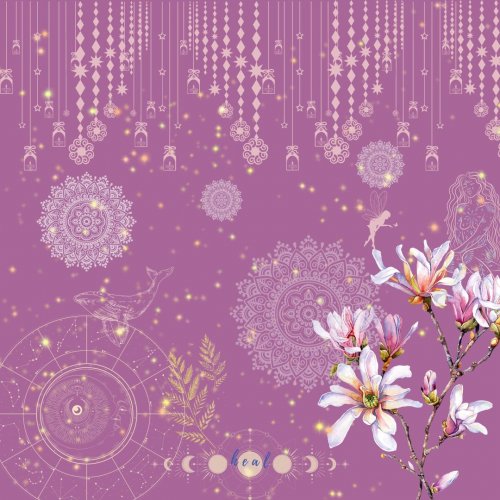
Autentická vôňa Francúzskej levandule. Jedným slovom nádhera. Nie je o čom. Bez ohľadu na to, či sa človek venuje aromaterapii, sú esenciálne oleje, ktoré by ľudia doma mali mať, aspoň kvôli vôni ak už nie kvôli účinkom. Vo svojom živote som sa stretla iba s pár výnimkami, ktorí nemali radi vôňu levandule a väčšina z nich napokon aj tak povolila, keď zistili, že vôňa francúzskej levandule je oveľa lepšie „stráviteľná“ ako ostatné. Dlhé roky sa ju pokúšame pestovať, ale, žiaľ, pôda v našej záhrade sa jej nepáči. Takto ju v tekutej forme budem mať stále pri sebe. 🌸
Did you find this review helpful?
+ 2
Ca și miros – exact ca un lan întreg de lavandă- proaspăt și floral 💜💜
Did you find this review helpful?
Používame do difúzera aj s dcérkou a manželom, najmä v období prechladnutia. Nedáme si za nič. Olej je výborný a kvalitný.
Did you find this review helpful?

Levandula je super repelent, na upokojenie, aj pri bodnuti hmyzom
Did you find this review helpful?
Disclaimer: The information presented on this website is presented for the sole purpose of sharing and promoting personal education. It is not meant to substitute for a personal relationship with a physician or qualified healthcare professional. It is not intended to alleviate or cure any medical or psychological condition, nor to act as a preventative measure, nor to diagnose or encourage such activity. If you are currently under medical care, or undergoing any medical treatment, you should consult with your treating physician regarding changes in diet or changes in relation to the information described.
This information is not intended as medical advice, but rather as a sharing of knowledge and information. We encourage you to form your own opinion about health care in collaboration with a qualified health care professional and make your own decisions based on your judgment and research. These statements have not been evaluated by regulatory authorities. We encourage you to do your own individual research before making a purchase or decision.

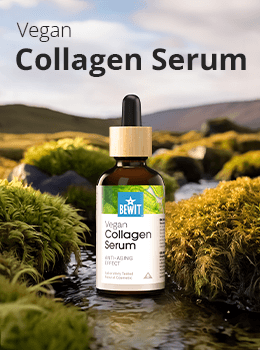
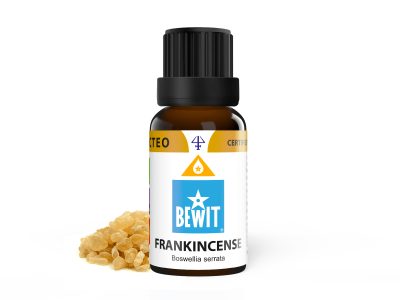
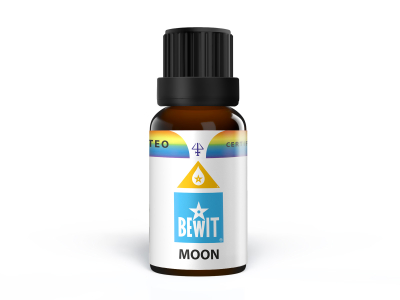
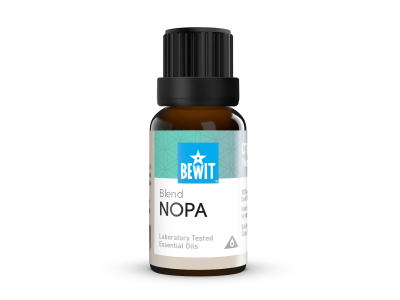
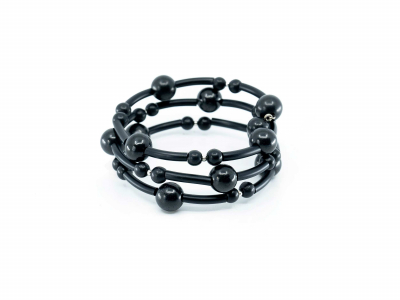
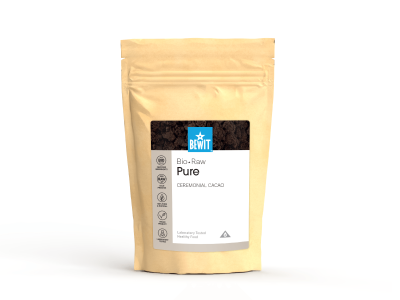
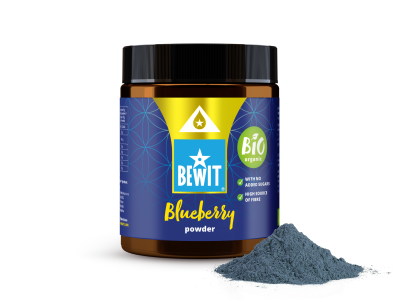
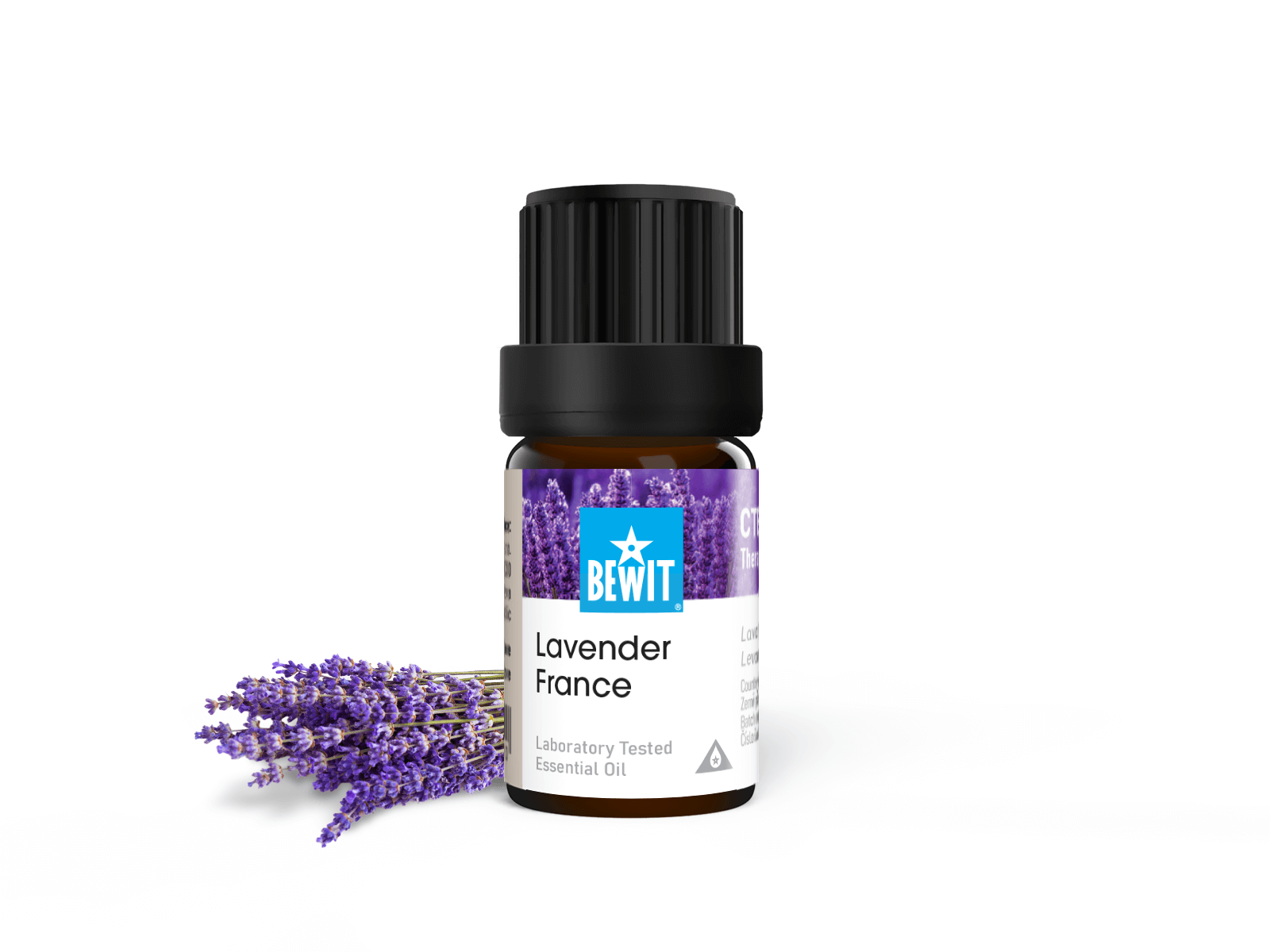
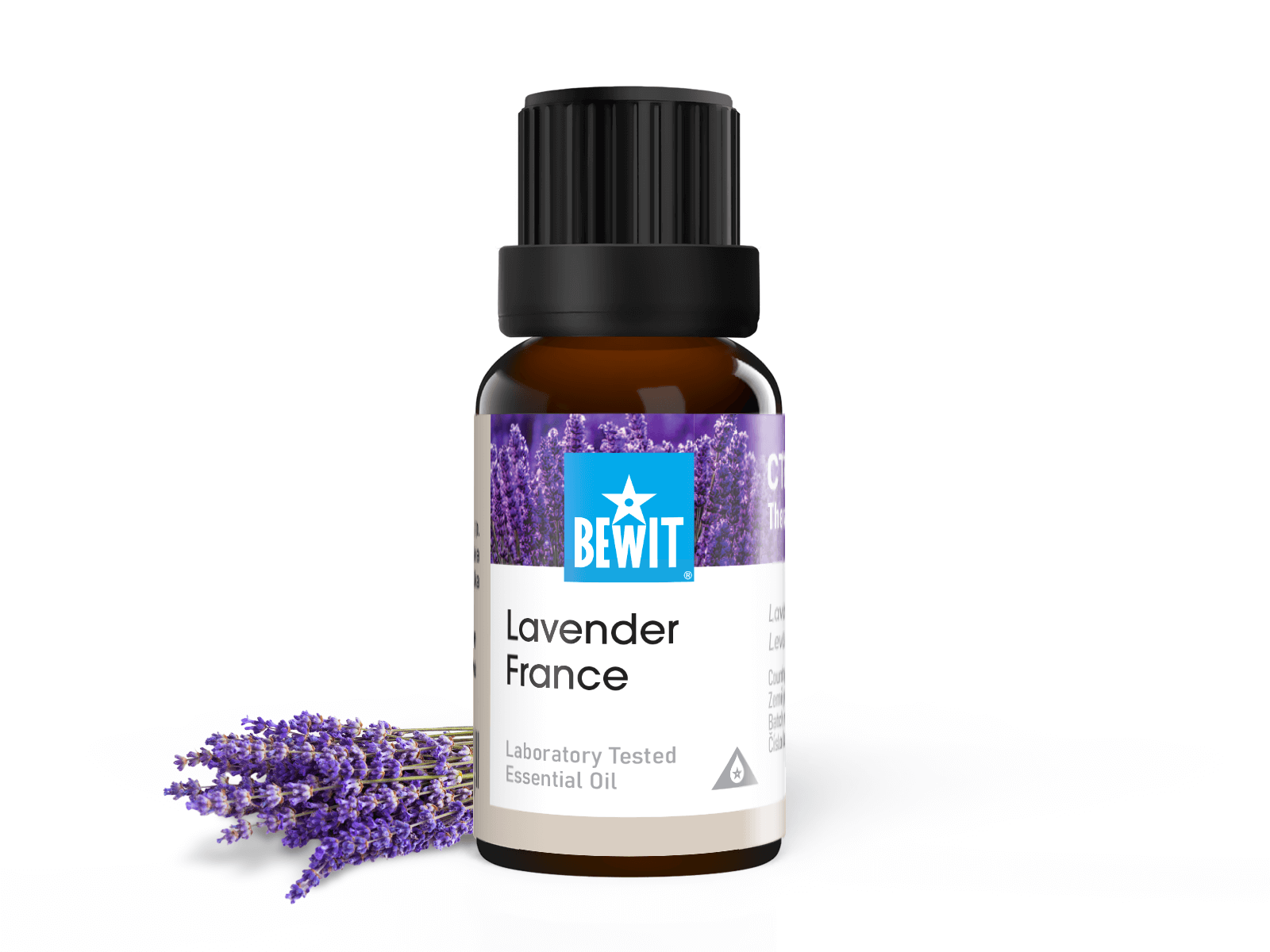
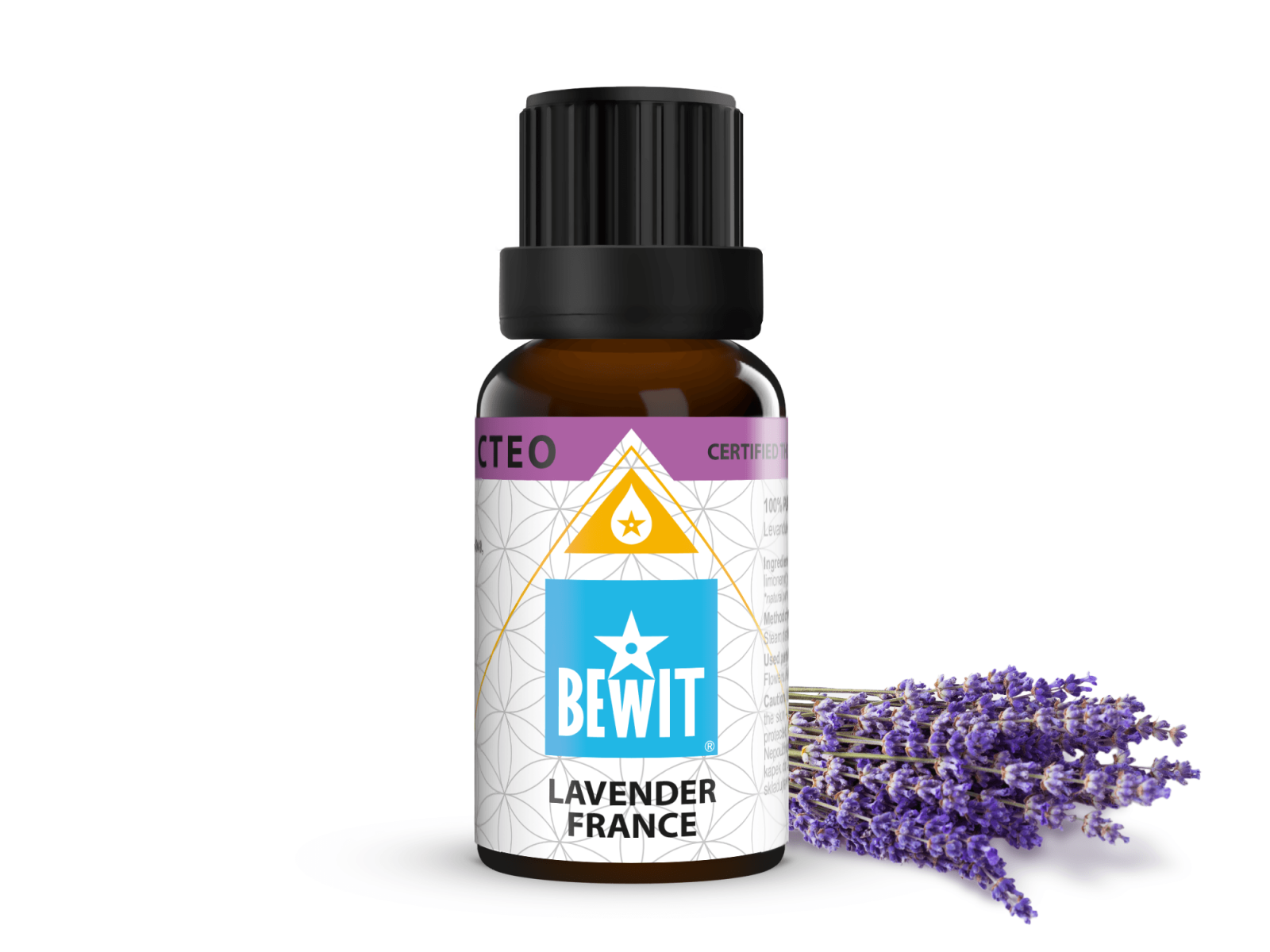
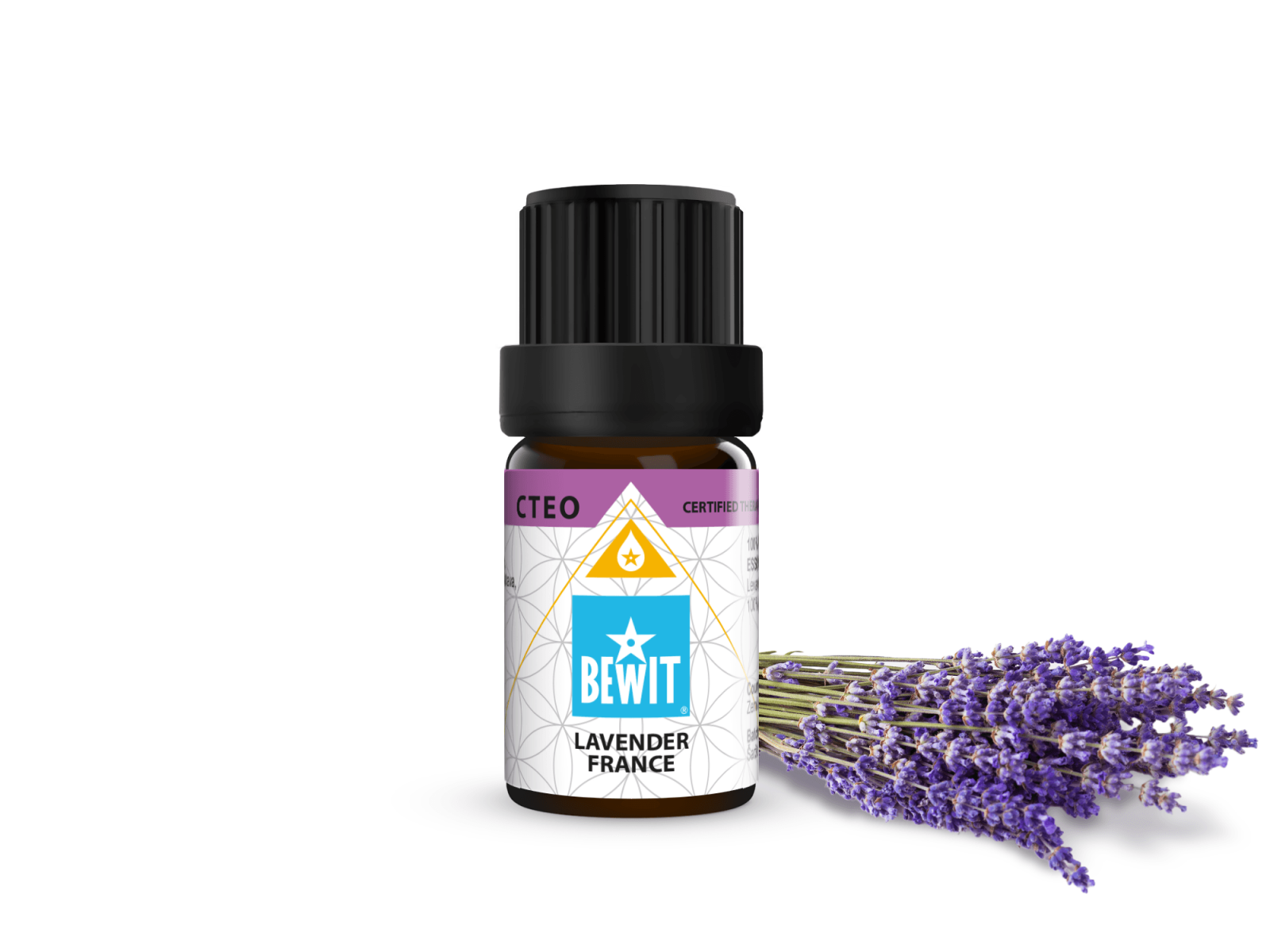






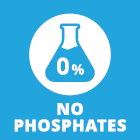



 Česky
Česky  Slovensky
Slovensky  Magyar
Magyar  Polski
Polski  Română
Română 